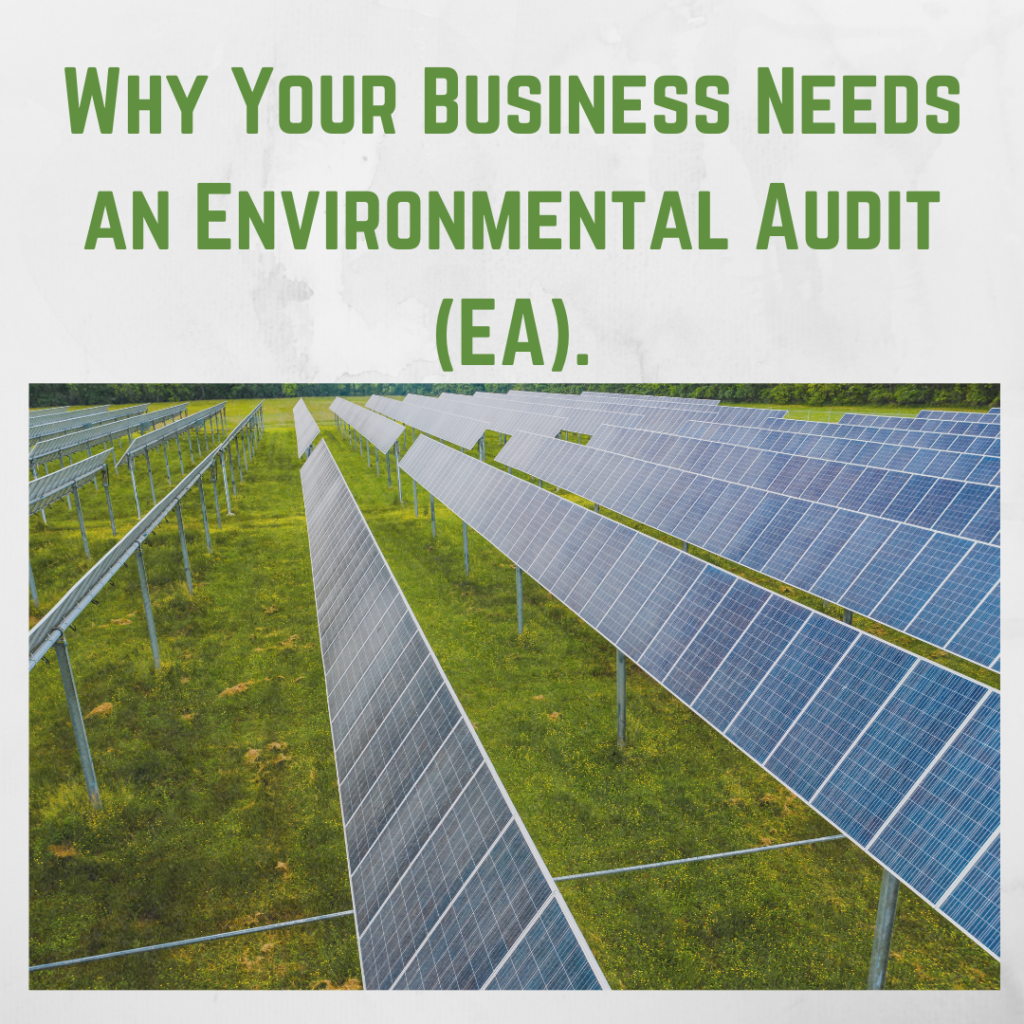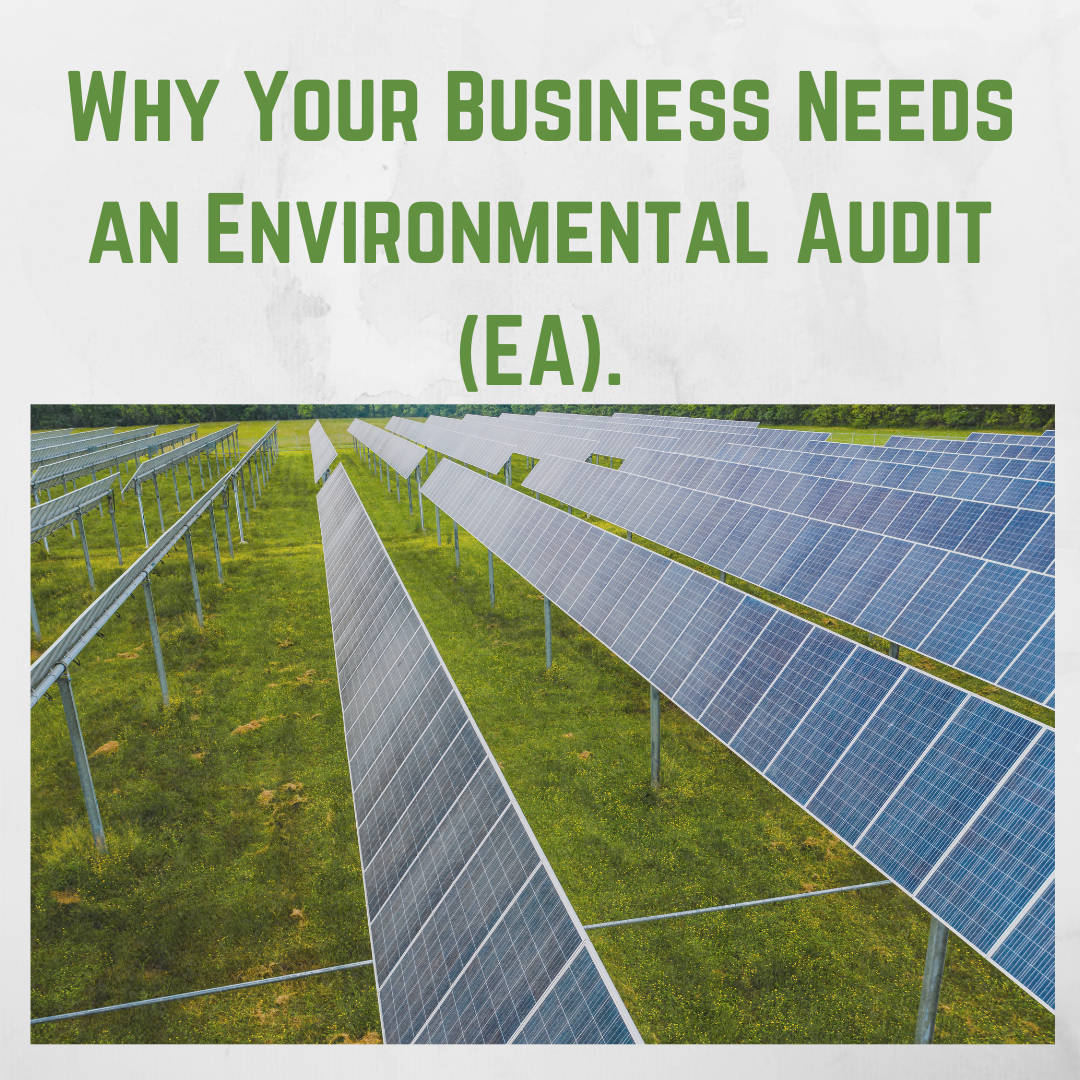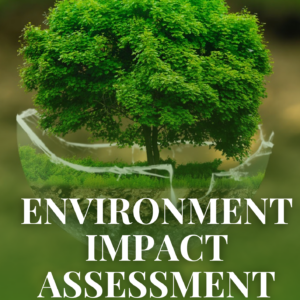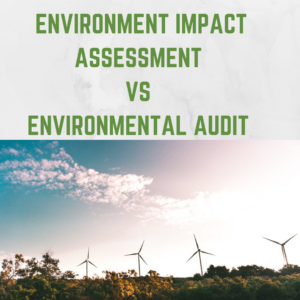When most business owners in Kenya hear the word “audit,” their first thought is financial. But there’s another kind of audit that’s just as critical and potentially even more impactful in the long term: the Environmental Audit (EA).
Whether you’re in manufacturing, real estate, hospitality, energy, agriculture, or any other sector that interacts with the environment, an Environmental Audit is not just a legal requirement—it’s a strategic business move.
In this article, I’ll break down what an environmental audit is, why it matters, and why your business should treat it as a priority (not a burden).
What is an Environmental Audit (EA)?
An Environmental Audit is a systematic, documented, periodic, and objective process of assessing a project or facility’s environmental performance. In Kenya, it’s a legal requirement under the Environmental Management and Coordination Act (EMCA) Cap 387.
After a project receives its Environmental Impact Assessment (EIA) license and begins operation, it must conduct an EA every year to show compliance with environmental regulations and license conditions.

Why Environmental Audits Are a Must for Your Business
1. It’s a Legal Requirement by NEMA
The National Environment Management Authority (NEMA) mandates that ALL operational projects that have been issued an EIA license must submit an annual EA report conducted by a registered NEMA expert.
Non-compliance penalties include:
- Fines
- Imprisonment
- License revocation
- Possible project closure
Let’s be clear: Ignoring your environmental audit could literally shut down your business.
2. Avoid Costly Surprises and Shutdowns
Think of the EA as a checkup for your business. It helps uncover environmental issues that could lead to:
- Contamination
- Complaints from the public
- Occupational hazards
- NEMA penalties
- Legal suits
A proactive audit allows you to fix these issues before they snowball into major financial and reputational damage.
3. Safeguard Your Reputation
In today’s market, consumers, partners, and even investors care about environmental responsibility. Businesses that ignore sustainability are quickly becoming irrelevant or even targets of public backlash.
An EA demonstrates that your business:
- Cares about sustainability
- Operates ethically
- Takes accountability
It’s not just a report, it’s part of your brand reputation.
4. Improve Operational Efficiency
Environmental audits don’t just identify environmental risks, they often reveal operational inefficiencies like:
- Wastage of water, energy, or raw materials
- Poor waste management
- Hazardous working conditions
Addressing these can result in cost savings, resource optimization, and a safer work environment.
5. Get Ahead of New Regulations
Environmental laws and regulations are continuously evolving in Kenya. By conducting regular audits, your business stays ahead of new developments, avoids non-compliance, and can even shape its environmental strategy for the future.
6. Strengthen Your Environmental Management System (EMS)
An EA provides insights that can be integrated into your Environmental Management System or inspire the development of one. This helps you:
- Track environmental KPIs
- Set sustainability goals
- Measure and reduce your environmental footprint
- Prepare for ISO 14001 certification
7. Community and Stakeholder Trust
When you show that your business is transparent and environmentally compliant, you build trust among:
- Local communities
- Government authorities
- Investors and development partners
- International clients
Many tenders and investor contracts require environmental due diligence reports, and your EA can serve as credible proof.
What Does the Environmental Audit Process Involve?
- Engagement of a Registered Environmental Expert:
Only NEMA-registered Lead or Associate Experts are allowed to conduct the audit. - Site Inspection and Data Collection:
A thorough evaluation of how your business impacts the environment—air, water, waste, energy, emissions, etc. - Review of Environmental Documents and Compliance Records:
Including your EIA license, past reports, mitigation measures, waste disposal records, and safety procedures. - Stakeholder Consultations:
Where necessary, consultants engage workers, management, and sometimes the local community to understand concerns. - Preparation of EA Report:
The report outlines your environmental performance, areas of non-compliance, and recommendations for improvement. - Submission to NEMA:
The audit report is submitted electronically via the NEMA portal for review and official acknowledgment.
Common Mistakes Businesses Make With EA
- Skipping annual audits entirely
- Using unqualified or fake consultants
- Failing to implement recommended mitigation measures
- Treating it as a tick-box exercise instead of a real strategy tool
- Ignoring waste management and emissions tracking
Pro tip: Partner with a knowledgeable, ethical environmental expert who will not only audit but also advise.
When Is an Environmental Audit Required?
You’re required to conduct an EA annually if:
- You already have an approved EIA license and your project is operational
- Your operations impact the environment in any way
- You’ve been directed by NEMA after inspection or complaint
Final Thoughts: It’s Not Just Compliance—It’s Smart Business
An Environmental Audit shouldn’t feel like a bureaucratic chore. Done right, it protects your business from risk, boosts efficiency, and enhances your reputation in a world that’s moving toward environmental responsibility.
If you’re operating a project in Kenya and haven’t done your annual EA yet, the time to act is now.
Need Help With Your EA?
As a NEMA-registered environmental expert, I help businesses across Kenya meet their compliance obligations while gaining real value from their environmental audits. Whether you’re in Nairobi, Kisumu, Mombasa, Eldoret, or anywhere in between, I can guide you through the process—stress-free.
📩 Get in touch at valeriekinoti@gmail.com for a consultation or site visit.
Let’s keep your business compliant, efficient, and future-ready.




